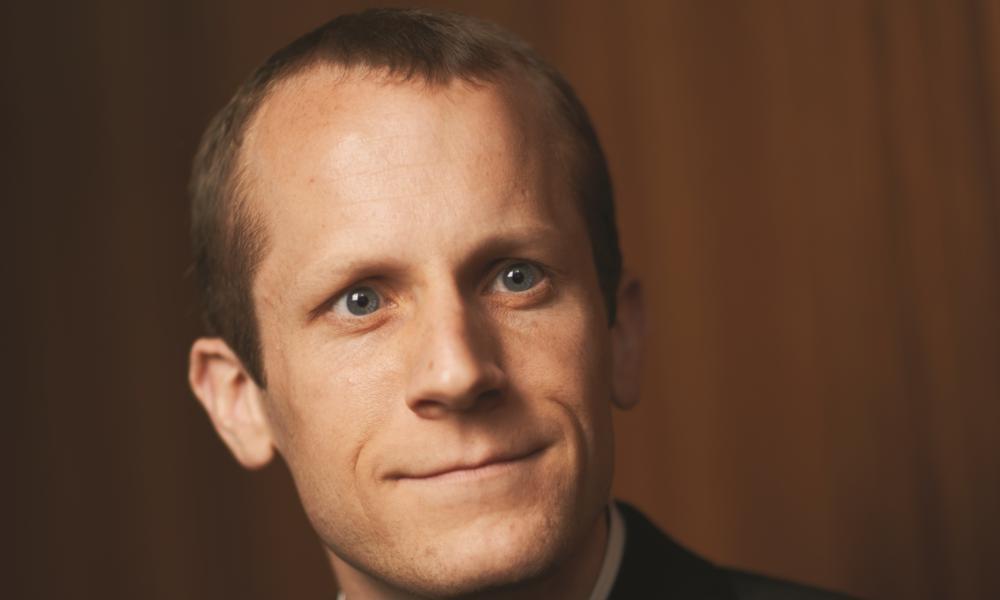
Meet Father John Whitlock, new director of vocations for the Diocese of Lansing
Father John Whitlock grew up in St. Johns, and is a graduate of Grand Valley State University in Grand Rapids, and Sacred Heart Major Seminary in Detroit. Before entering seminary, he worked as a certified public accountant and as a corporate internal auditor. He was ordained to the priesthood by Bishop Earl Boyea in 2013. He has served as parochial vicar at Queen of the Miraculous Medal Parish in Jackson and Our Lady of Fatima Parish in Michigan Center, and as a formation adviser and spiritual director at St. John Vianney College Seminary in St. Paul, Minn.
Q: What is the most encouraging or hopeful thing about vocations today?
A: Two reasons for hope come to mind. Above all, my hope is in Jesus Christ. I know he will not abandon his Church. We are in a time of painful purification, but he is and will always be with us. In the end, that is all the hope we need.
In a similar way, I know God has not stopped calling new disciples. I was honored to spend the last three years serving on the faculty at St. John Vianney College Seminary in St. Paul, which is the college seminary that our diocese uses. The young men in the seminary today have grown up in a very difficult time, not only in the world, but in the Church, too. And yet each of them have been moved by God to go completely against the world and to pursue his call in their lives in the seminary, often at great personal cost. I never ceased to be deeply edified and inspired by their faith, earnestness and generosity, especially at such a young age (most of them are between the ages of 18 and 22). I have often wished that more people could come and see what the seminary is like today. If they did, I think they would have a lot of hope.
Q: What are your biggest challenges as the director of vocations?
A: As I noted before, this is not an easy time in the Church. There is, understandably, a lot of hurt and confusion that is likely discouraging young people from making a radical commitment to the Lord in his Church. Being an all-in Catholic has never been popular, but I think it takes an especially heroic faith today for people to consider living celibacy for the kingdom, or to live as faithful husbands and wives who are open to life.
Q: What is your primary goal?
A: My primary goal is to be faithful to what God is asking me to do in this role. And I believe he is asking me to do all I can to ensure that the faithful in the diocese have good shepherds with the heart of the Good Shepherd, Jesus Christ. I really believe that the more people come to know and love Jesus, the more they will want to follow him in whatever vocation he is calling them. And so I also hope to help people to grow in this relationship with the Lord in any way I can.
Q: What about those called to lay ministry, the diaconate or religious life?
A: Jesus himself said that he came "not to be served but to serve," and that is the call of every baptized Christian, no matter what their vocation is. There is no doubt that our Church needs the witness of all different forms of total dedication to Christ today. We have to always remember that vocations are not ends in themselves; the end of every vocation is to make God and his love known in the world. But we also cannot forget that without priests, we would not have his real presence in the Eucharist, nor would we know his mercy in the sacrament of penance. And so all the faithful must heed Jesus' instruction to "pray earnestly to the Lord of the harvest to send out laborers into his harvest."
